Many of the current water systems in parts of the West Virginia coalfields were installed in the early 1900s by coal companies. When coal operators, people and jobs left the area, they left behind remnants like some beautiful buildings, coal tipples and water systems. The crumbling infrastructure was not reliable, which meant living without consistent, clean tap water.
There are many coalfield communities that live with this challenge. Some households have gone months without tap water. That’s if they were able to get water at all. The town of Keystone first went on a boil water advisory in 2010. The town of Northfork has been on a boil water advisory since 2013.
LISTEN to the story
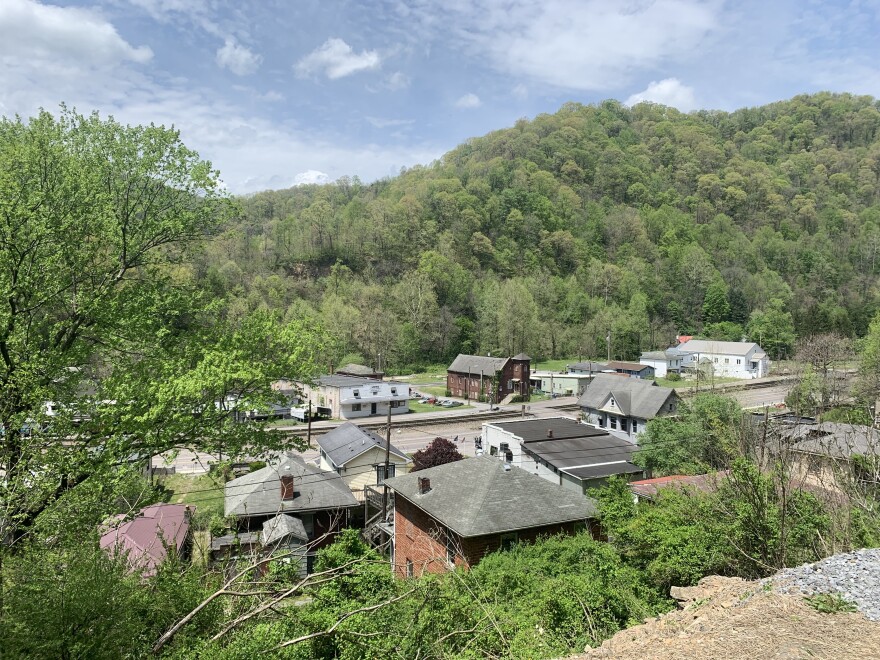
“We’ve had to buy water. We’ve had to carry water to flush our commodes. We’ve been blessed [because] we have water that runs off the hillside here, that we’ve been able to go out and get to flush out commodes,” 76-year-old lifetime Keystone resident Hattie Avery said. “We’ve been blessed because we were able to purchase water for drinking, and we’ve had friends who have helped my husband carry water. We’ve been blessed in so many ways to be able to survive the devastation.”
- 1 in 3 Pennsylvania drinking water systems exceed new EPA levels for ‘forever chemicals’
- Clean Water Wanted: Contaminated Wells and the Legacy of Fossil Fuel Extraction
- How contaminated water contributes to mental illness
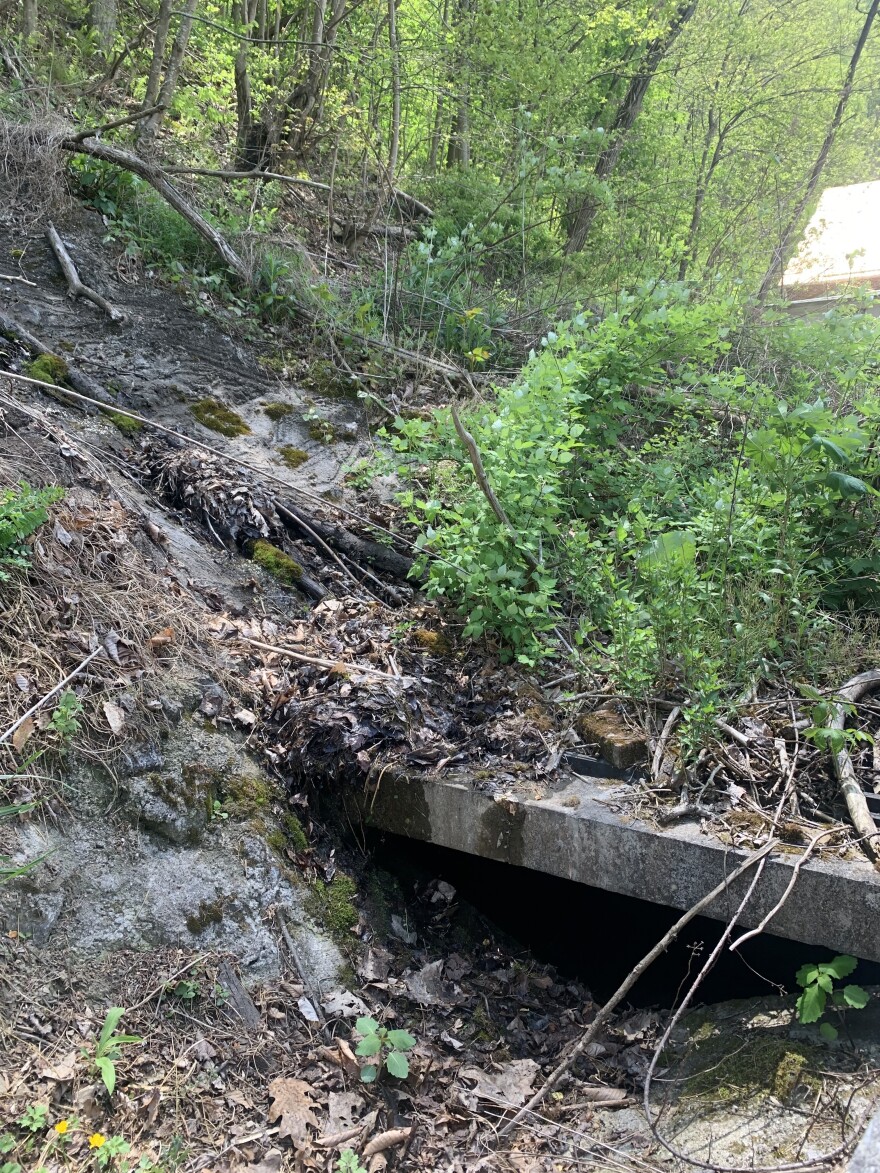
“To think that we’re in the 2020 era where people are able to do such amazing things and then to not be able to turn on your faucet and have water running through your pipes, it’s just so amazing to me,” Avery said. “You know, and it’s just so hard to believe that we live in a time like that.”
But now, Avery isn’t worrying about where she’s going to bathe or how she’ll wash her clothes.
“[It’s] so much more peaceful,” Avery said. “Even if I have to wait to be able to go and sit on the commode and be able to push the handle down and flush it. To be able to use your shower and turn on your faucets and hear the water run.”
Dig Deep
The water is running in Avery’s home in part because of a California non-profit called Dig Deep, whose mission is to bring safe drinking water to every American. Bob McKinney grew up in McDowell. He’s the Project Manager of the Appalachian Water Project with Dig Deep.
“I was embarrassed to say that I didn’t know we were in this kind of shape,” McKinney said.
Embarrassed that it took people from California to visit the region to show him the circumstances and water hardships in his hometown.
“I didn’t know we had homeowners that didn’t have clean drinking water and had to haul their water,” McKinney said. “I knew there were some but I didn’t know there were this many. It’s a huge task facing them.”

The task facing Dig Deep was to connect hundreds of households in McDowell County to a new municipal water system that broke ground in 2014.
The trouble was, that even after new main lines were installed along U.S. Route 52, homeowners had to find a way to pay for the connection. The median household income in Keystone is about $17,000 annually, with 20 percent of residents living with a low income.
“That was a big problem for quite a few people, for all of us really,” Avery said. “To come up with that kind of money all of a sudden, and then with all the other bills and hardships that people have, that was really gonna create a big problem.”
Because of the cost, many McDowell County residents rejected the hookups. So, representatives with Dig Deep started knocking on doors to see who wanted help.
“They didn’t want new lines at first until they found out that we were going to pay for it,” McKinney said. “They couldn’t afford it.”
Installing pipes to connect to a main water line can cost thousands of dollars.
“We heard about Dig Deep, and then their willingness to come in and help, that was such a tremendous asset and such a tremendous blessing,” Avery said. “That’s the only reason that a lot of us have water.”
Dig Deep’s work helped to take the project across the finish line and reach homeowners.

The Elkhorn Project
Getting water to these communities started back in 2015 with phase one of the Elkhorn Water Project. This phase included a new water plant and a new 400,000-gallon water storage tank on Elkhorn Mountain. The large storage capacity of the tank allowed McDowell PSD to install a main line that connected the communities of Anawalt, Jenkinjones, Pageton and Skygusty.
Four hundred ninety-four homes or businesses were connected to a new system. The project also installed new lines, meters and fire hydrants for Maybeury, Elkhorn, and Switchback. This includes about 270 additional customers. Rates increased by four percent for residents in phase one after the McDowell Public Service District (PSD) applied for a USDA loan and USDA grant funds.
Phase two of the Elkhorn Water project uses the same water source to connect more communities in the region including Northfork and Keystone.
McDowell PSD says there will be no rate increase with phase two after receiving federal grants again from USDA Rural Development in addition to Economic Development Administration (EDA) and local funding of $50,000 each from McDowell County Commission and McDowell County Economic Development Authority.
Keystone wasn’t always without clean and consistent water access. When Avery was a child, it was a prosperous coal town.
“Growing up here, people that lived in the big cities couldn’t have had a more enjoyable childhood or a more enjoyable life than what we had living here,” she said. “We just enjoyed being children living here. We had a lot of fun things growing up in Keystone like a skating rink and dance hall.”
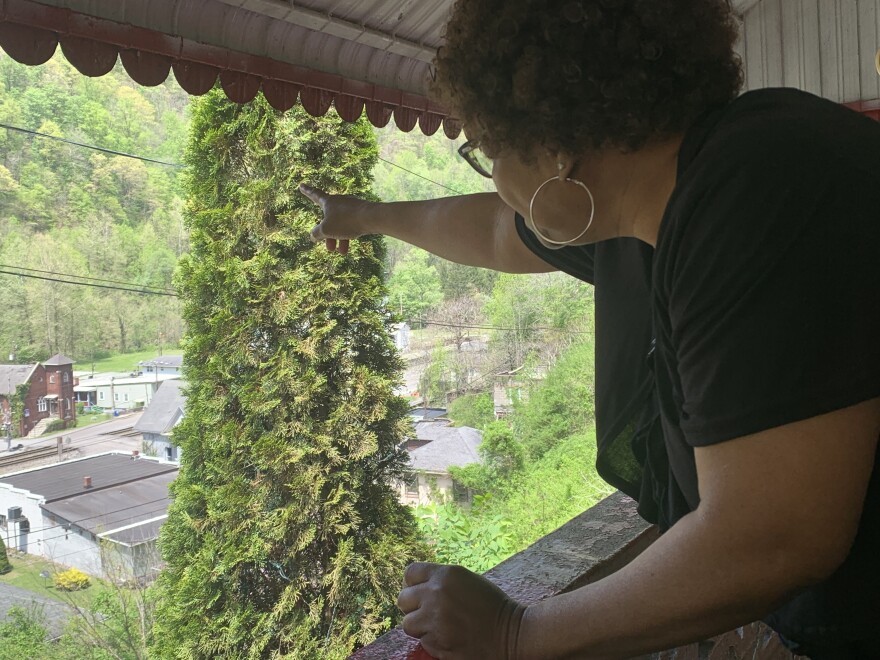
People moving out
Avery grew up with six other siblings. Avery’s dad worked at Eastern Associated Coal Company right across the hill from her house in Keystone.
“We used to have to wash the dinner bucket every night, we had to take turns,” Avery said. “We’d wait for him to come home from work and he’d always leave us a treat in the dinner bucket. Whoever washed it got the treat. So it wasn’t so bad.”
Avery says life wasn’t always easy. She lost her father when she was just six-years-old.
“I just remember, us being at home and them [Eastern Coal officials] coming and knocking on the door telling us that our father had been killed in a coal mining accident,” Avery says quietly. “He was in one of the coal cars and something came back and crushed him in the coal car, and he was killed. It was devastating.”
Over time, mines closed, jobs disappeared and the population fell dramatically. In 2010, when the boil water advisory first took effect, 282 people lived in Keystone.
“We have so many people who have relocated who have been so frustrated and just given up,” Avery said. “You can’t blame them.”
Today, there are 176 residents. More than a third of the population has left town since 2010.
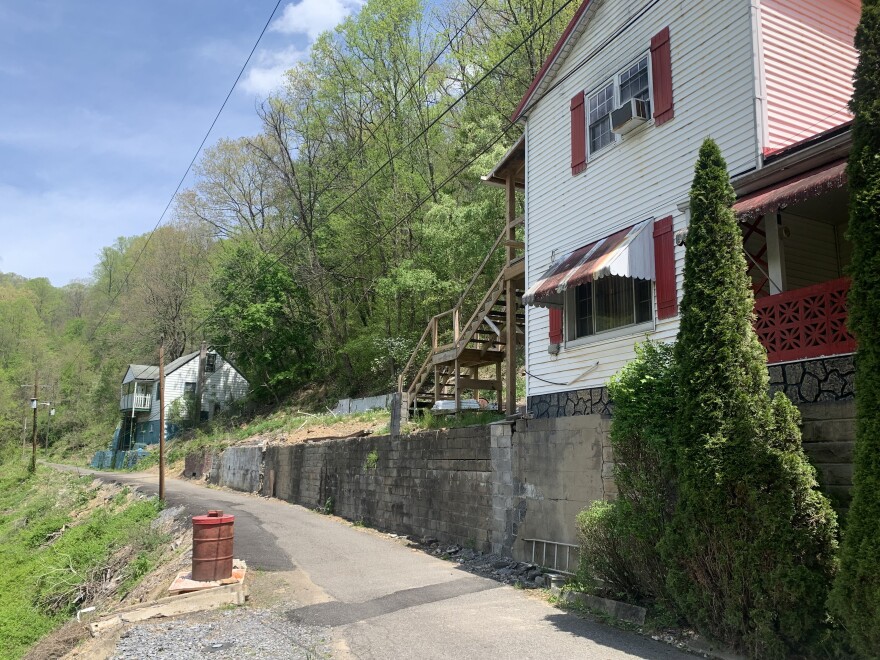
“When Keystone was a booming population, when we mattered and added to the voting population then we could get whatever we wanted because we had notoriety and we had clout,” Avery said. “But since the days of the coal mine, we don’t have that anymore. We’re just a town that time has forgotten.”
“When you stop mattering, and when you stop being important, when you stop being able to give the politicians what they need, then your popularity decreases, and they don’t care about you.”
Of those who stayed, 57 percent are Black. A recent study showed that in America you are more likely to live without consistent water if you are Black. However, that’s not the case for the entire state. Avery believes that her race is only part of the issue in Keystone.
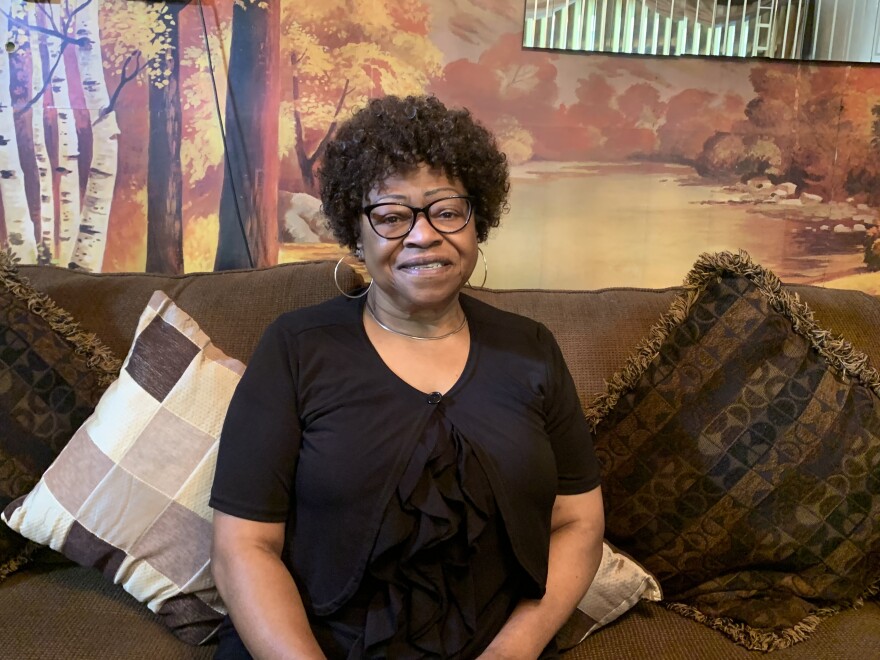
‘It’s about being poor’
“I don’t think that it’s all about being Black,” Avery said, “but I think it’s about being poor. And not being up to standards or being in the limelight or being as important or [being] what they want you to be.”
Avery’s gratitude is obvious, but the trauma of her former way of life is still raw.
“It is very heartbreaking,” Avery said. “I think it’s that people just don’t seem to care about the residents of Keystone.”
While Avery does have water now, it’s not perfect. She still doesn’t drink or cook with it, even though she’s told it’s safe. Because of low water pressure, she can’t use more than one spigot at a time. Washing dishes and doing laundry at the same time just isn’t possible.
“You may not be able to do all the things you want to do when you want to do them,” Avery said. “But to be able to hear the water run from your faucets is a blessing. And I’m willing to wait. Because I know that it’s gonna come, it’s running.”
Dig Deep is helping several other communities connect to public water systems including in the city of Welch, the county seat of McDowell County. Dig Deep’s McKinney says there are residents in about 50 homes in Welch that turned down connections because of the cost, as folks did originally in Keystone and Northfork. Officials at the McDowell PSD submitted funding applications to complete phase three of the Elkhorn Water project.



